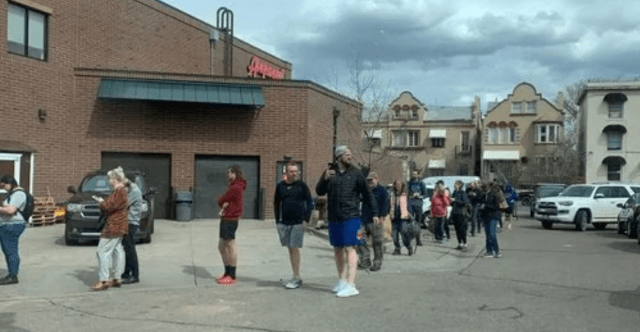
Ten days ago, when restaurants and bars in Denver were ordered to close seating areas, but allowed to stay open for delivery and carryout only, I said to my wife, “They’ll never close liquor stores. They’ll have riots on their hands.” I thought about the double whammy liquor store owners would face. Not only would they have weeks of lost revenue, but they’d have thousands of dollars in glass repair expenses after nightly break-ins. We talked about the idea with pathetic chuckles, but there was nothing funny about it. I believed every word of our discussion.
Two days ago, Denver Mayor Michael Hancock ordered all liquor stores and marijuana dispensaries closed as part of the city’s “stay home” restrictions. Lines immediately wrapped around the block outside liquor stores and pot shops as consumers panic-bought as much as they could fit in their vehicles. When asked for a comment regarding liquor store closings, Mayor Hancock told reporters, “As much as I might think it’s essential for me, it’s not essential for everyone.” In the midst of the coronavirus pandemic, and as he tried to enact measures to keep people home and stop the spread, and while he was making decisions that would crush our local economy and bankrupt small business owners, he made a joke about his own alcohol dependence? Isn’t that what calling alcohol, “essential for me,” means?


